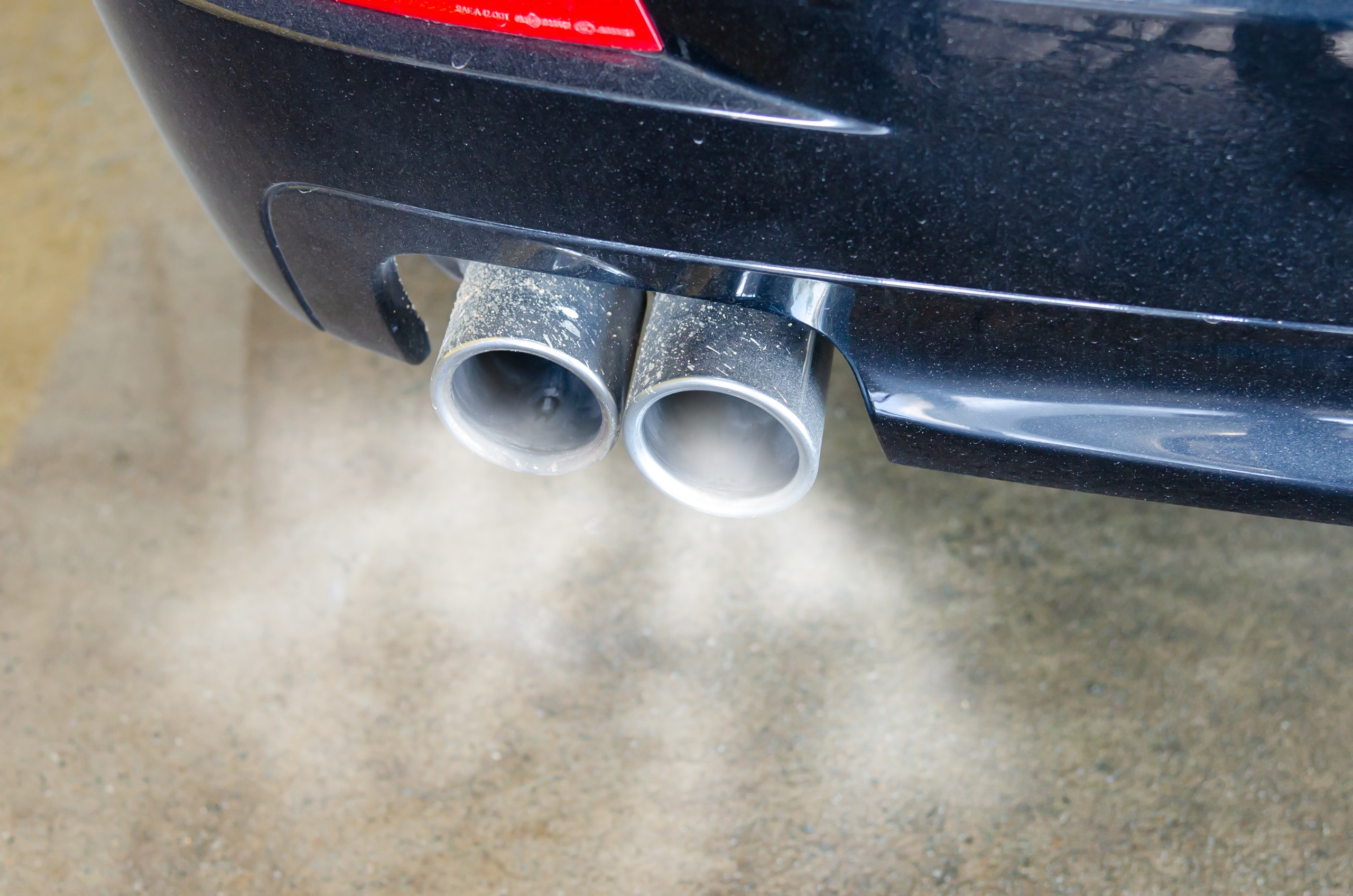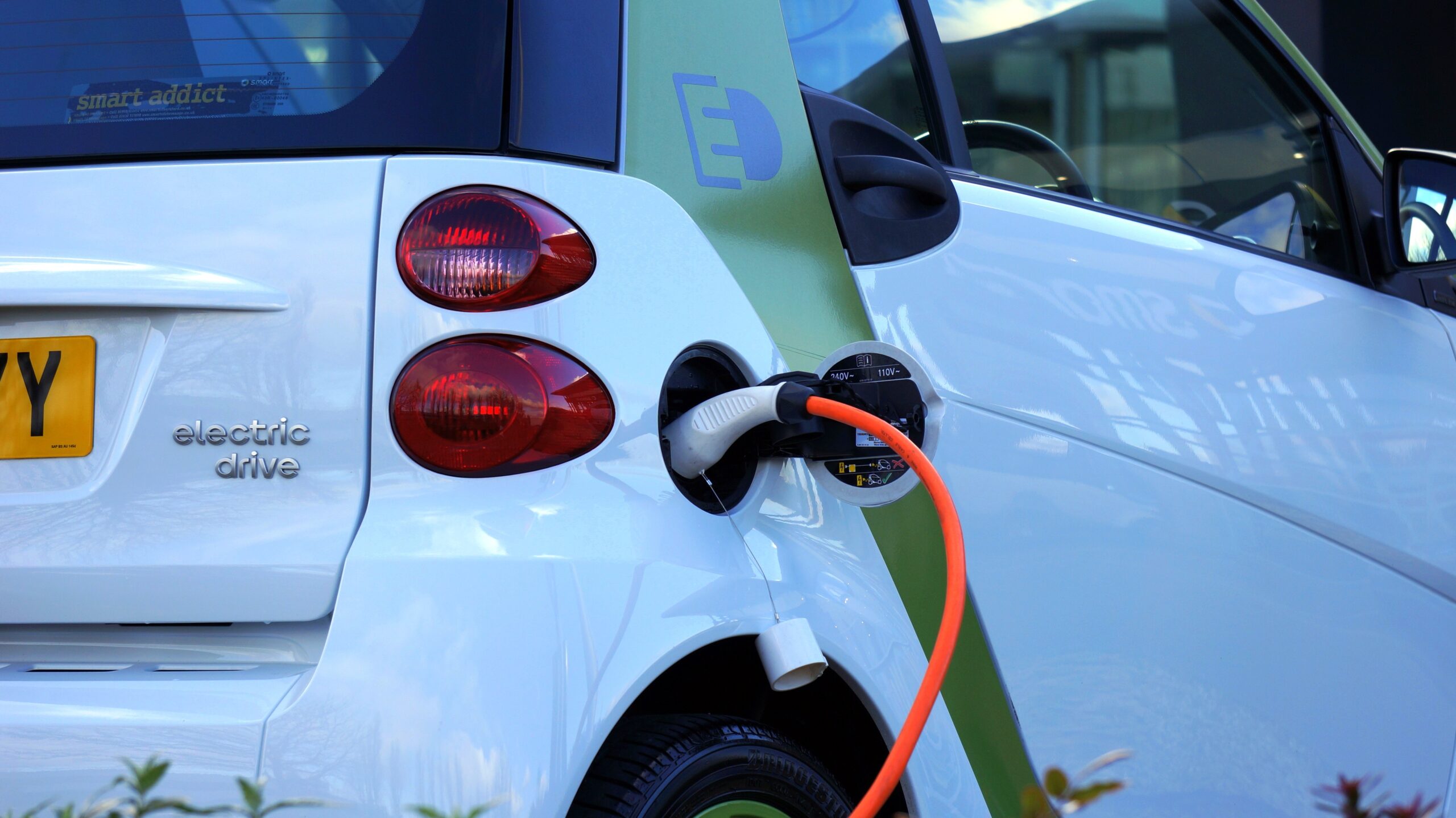Are Electric Vehicles the Future of Sustainability?
Like it or not, the Australian public are largely dependent on vehicles to navigate our country’s vast landscape. With an underequipped system of public transport for our land mass, a car is all but essential for most, something which is unlikely to change in the face of hastening urban sprawl.
It goes without saying that combustion engines, i.e., those used in most vehicles, are not ideal for the environment in terms of the air pollution they create. Increased levels of greenhouse gas emissions, decreased air quality and the environmental havoc wrought by fossil fuel extraction are just some of the environmental impacts associated with the use of this form of machinery. 
By contrast, the idea of electric vehicles (EVs) appears positively utopian. Research shows that in their use, EVs create lower life cycle greenhouse gas emissions than their combustion counterparts, alleviating issues with air quality and external pollutants. Additionally, EVs boast lowered fuel and maintenance costs compared to their combustion counterparts. It is for this reason that EVs are becoming more common on our roads, with legacy vehicle manufacturers (i.e., GM, Volkswagen) now throwing their hats in the ring.
As with most technological breakthroughs however, EVs are not without problems. You may have heard the obvious ones;
- electric vehicles are comparatively expensive to combustion cars, as is the electricity needed to power them;
- public charging infrastructure is woefully inadequate to service the 15 million passenger vehicles on Australian roads (as of January 2022);
- fossil and other non-sustainable fuels are still used to generate electricity used by electric vehicles

Not only is this an obvious waste of the functioning components of a car, it also completely challenges the environmental value proposition of EVs in the first place. Studies of pollution from vehicle manufacturing estimate emissions of around 10.5 tonnes of carbon dioxide for internal combustion engines, compared to 13 tonnes for electric vehicles. However, the deal always was that the lower fuel and maintenance requirements associated with EVs meant that overall emissions were lessened across the life of the vehicle compared to combustion engine cars. Yet, if EVs aren’t around to ‘make back’ those emissions, this can mean that overall, EVs may be doing more harm than good.
To be clear, I do not intend to stand in the way of very valid technological and environmental progress by cherry picking a specific weakness in current EV development, assuming nothing can ever be done to fix it. Yet, it is a worrying signal of intent to see category leaders like Tesla recently reaffirm their commitment to integrated battery cells which make it even harder (and more costly) to replace faulty batteries or their components. While this might help Elon Musk get more Cybertrucks on our roads, it very well may be at the cost of the environment if nothing is done to preserve repairability.
As South Australia itself was recently been hailed as a bastion of sustainability by the big T itself, it is critical that more sensible solutions are found, ones which preserve both the environment and our wallets, sooner rather than later.




